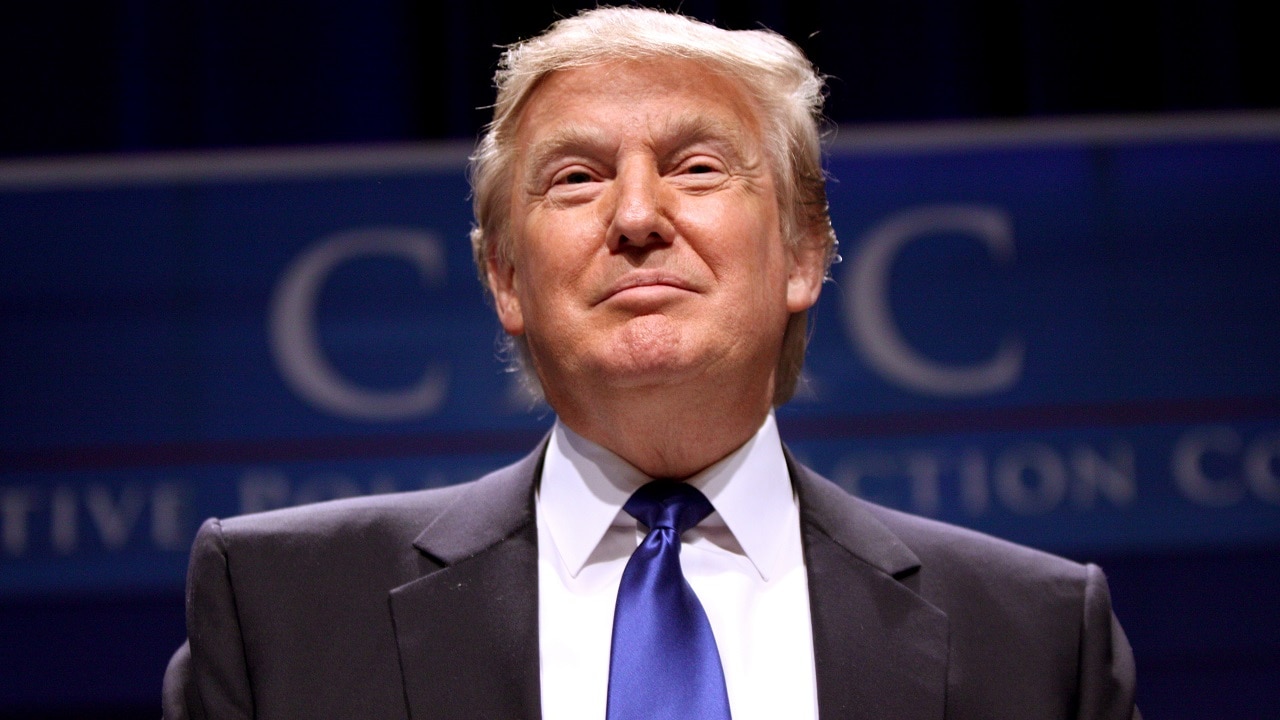SCOTUS will not hear 14th Amendment case to disqualify Trump: The Supreme Court will not hear a case, considered a long shot, from a minor presidential candidate seeking to disqualify Trump.
Donald Trump Gets Some Big News from the Supreme Court
In recent months, the idea that former President Donald Trump should be disqualified from the presidential ballot under the Fourteenth Amendment — because of his participation in an insurrection — has begun to gain more and more attention. A duo of conservative law professors wrote a paper arguing that the Fourteenth Amendment should apply to Trump and that states should disqualify him from their ballots.
The argument came from the political right.
“There is abundant evidence that Trump deliberately set out to overturn the result of the 2020 presidential election result, calling it ‘stolen” and “rigged,’ that Trump (with the assistance of others) pursued numerous schemes to effectuate this objective; that among these were efforts to alter the vote counts of several states by force, by fraud, or by intended intimidation of state election officials, to pressure or persuade state legislatures and/or courts unlawfully to overturn state election results, to assemble and induce others to submit bogus slates of competing state electors, to persuade or pressure Congress to refuse to count electors’ votes submitted by several states, and finally, to pressure the Vice President unconstitutionally to overturn state election results in his role of presiding over the counting of electors’ votes,” William Baude & Michael Stokes Paulsen, both law professors with ties to the conservative Federalist Society, wrote in their paper, “The Sweep and Force of Section Three.”
There have been lawsuits, and efforts to some states geared towards that end, with multiple experts stating that the issue is likely to ultimately be decided in the U.S. Supreme Court. Others, including some liberal scholars, have argued against disqualification.
Now, the Court has declined to hear the first such case.
According to CNN, the Supreme Court has announced that it will not hear a case brought by John Anthony Castro, a little-known Republican candidate for president, who sued Trump under Fourteenth Amendment grounds due to his part in January 6. The suit had sought to disqualify the former president “given his alleged provision of aid or comfort to the convicted criminals and insurrectionist that violently attacked our United States Capitol on January 6, 2021.”
The Court did not issue a comment on its decision to not hear the case.
This does not mean that the effort to remove Trump from the ballot under Fourteenth Amendment grounds is over. There are other lawsuits pending seeking to do that, and those have not been dismissed. The decision in the Castro case may be an indication that the Court sees no merit in the argument that Trump should be disqualified from office on Fourteenth Amendment grounds, but the Court has not said that.
“The Supreme Court can deny hearing the case but appellate courts cannot,” Castro, the plaintiff, said on social media after the decision Monday. “I’m still pursuing decisions in the liberal appellate courts and there’s a full blown trial scheduled for October 20 in New Hampshire and a bench trial in Arizona on October 31.”
Scholar Kermit Roosevelt this week wrote an op-ed about the disqualification question for the Los Angeles Times, in which he argued that Trump is not the first insurrectionist candidate.
“Let’s start with some easy ones. Opponents of disqualification argue that Section 3 can’t be applied without a criminal conviction or a federal statute enforcing it. They’ve even claimed that it doesn’t cover the president because he is not an officer of the United States,” Roosevelt writes.
“These objections are insubstantial in my view. No other constitutional qualification for the presidency — such as being at least 35 years old and a natural-born citizen — requires a court finding or a statute to take effect. No other section of the 14th Amendment requires enforcement legislation. And someone who holds the office of the president is pretty clearly an officer of the United States.”
Author Expertise and Experience
Stephen Silver is a Senior Editor for 19FortyFive. He is an award-winning journalist, essayist and film critic, who is also a contributor to the Philadelphia Inquirer, the Jewish Telegraphic Agency, Broad Street Review and Splice Today. The co-founder of the Philadelphia Film Critics Circle, Stephen lives in suburban Philadelphia with his wife and two sons. Stephen has authored thousands of articles over the years that focus on politics, technology, and the economy for over a decade. Follow him on X (formerly Twitter) at @StephenSilver, and subscribe to his Substack newsletter.
From the Vault

